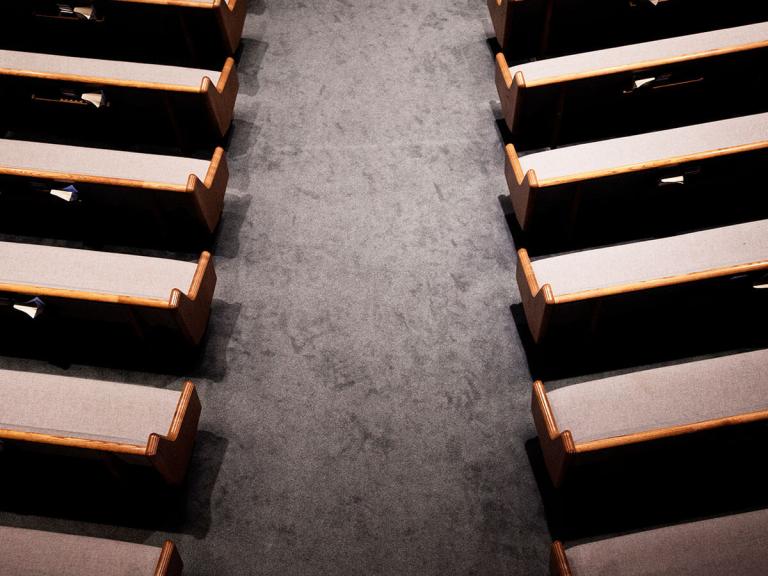
The Pew Research Center has developed several hypothetical models on the potential US religious landscape based on current Christian declines and none of the outlooks paint a bright picture for the fate of Christianity in the US. The rate of self-identified Christians in the US has continuously declined since the 90s, with increases in those who identify as atheist, agnostic, or “nothing.” According to 2020 estimates, about 64% of Americans were Christian, while the religiously unaffiliated made up 30% of the population and the adherents of other faiths such has Judaism and Islam made up 6%. The models look at the current rates of “religious switching” in the US and how those rates could affect the faith landscape of the country. The models defined switching as “…in some cases could be described as religious conversion… defined in this report as a change between the religion in which a person was raised (in childhood) and their present religious identity (in adulthood).” The rates for the models were based on responses from over 15,000 adults in a 2019 Pew Research survey. The respondents answered two questions, the first being “In what religion, if any, were you raised?” and the second being, “What is your present religion, if any?”
Dependent on current trends in religious switching continuing or speeding up, the models estimated that the rate of people identifying as Christian could go from 64% to 54% or as low as 35% by 2070. The number of “unaffiliated” could go up anywhere from 34% to 52% during that same time. The models were shared on Twitter and researcher Stephanie Kramer noted, “Our NEW projections show U.S. Christians are on track to lose their majority status within a few decades if recent trends continue, driven mostly by young people leaving the faith.” Younger people certainly seem to be driving the decline, with survey after survey showing more and more young people identify less with Christianity.
The reasons for the falling away of young people from the church are numerous and hard to pinpoint. Christian apologist Natasha Crain, author of “Faithfully Different: Regaining Biblical Clarity in a Secular Culture” believes that a lack of a Christian worldview is one of the main culprits. On a Facebook post, Crain noted, “The fact that so many Americans call themselves Christians (65 percent) while so few hold a biblical worldview (6 percent) has many negative implications for the 6 percent… That, then, means that nonbelievers are likely to encounter Christians with unbiblical views more often than those with biblical ones… Culture then pits “Christians” against one another to make it look like there are good Christians (the ones with beliefs they like) and bad Christians (the ones with beliefs they don’t).” The 6 percent comes from a study from the Family Research Council (FRC). In response to the data, FRC President Tony Perkins stated, “Every Christian can and should obtain a biblical worldview which is only achieved when a person believes that the Bible is true, authoritative, and then taught how it is applicable to every area of life, which enables them to live out those beliefs.”


